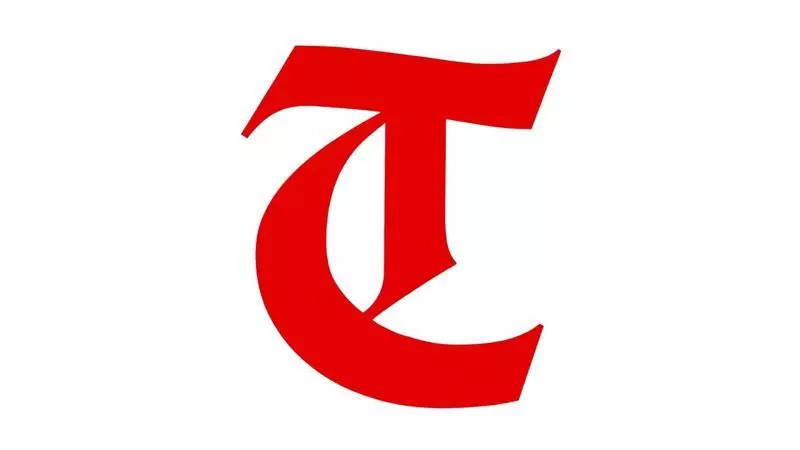
In a crucial medical alert that could save countless lives, leading neurologists and neurosurgeons at Indraprastha Apollo Hospitals have highlighted the critical importance of immediate stroke recognition and rapid medical intervention. The revelations came during the hospital's Apollo Stroke Awareness Programme (ASAP), where experts painted a concerning picture of current stroke care in India.
The Golden Hour: A Race Against Time
Medical experts stressed that the first 4.5 hours following a stroke represent the "golden window" for treatment. During this critical period, clot-busting medications and advanced neurointerventional procedures can dramatically improve patient outcomes and prevent long-term disability.
Dr. Vipul Gupta, Director of Neurointervention at the hospital, delivered a sobering statistic: "Only about 2-3% of stroke patients in India currently receive timely treatment. This alarming gap underscores the urgent need for public education about stroke symptoms and the importance of immediate medical attention."
Recognizing the Red Flags: BE-FAST Approach
The hospital experts emphasized a simple yet effective method for stroke identification using the BE-FAST protocol:
- Balance: Sudden loss of balance or coordination
- Eyes: Sudden vision changes or blindness
- Face: Facial drooping or asymmetry
- Arms: Arm weakness or numbness
- Speech: Slurred or strange speech
- Time: Time to call emergency services immediately
Advanced Treatment Options Available
The hospital showcased its state-of-the-art neurointervention capabilities, including mechanical thrombectomy - a revolutionary procedure where specialists physically remove blood clots from brain arteries. This advanced treatment can be performed up to 24 hours after stroke onset in eligible patients, significantly extending the treatment window.
Dr. Rajesh Kumar, Senior Consultant Neurologist, explained, "Modern stroke care has evolved tremendously. With technologies like mechanical thrombectomy and advanced imaging, we can now treat patients who would have previously faced permanent disability."
The Growing Stroke Epidemic in India
Experts revealed disturbing trends in stroke incidence, noting that India bears a disproportionately high burden of stroke cases globally. Changing lifestyles, increasing hypertension rates, and rising diabetes prevalence have contributed to younger age groups experiencing strokes, making awareness more critical than ever.
The ASAP program represents a significant step toward bridging the awareness gap and ensuring more Indians recognize stroke symptoms and understand the urgency of immediate medical care.





